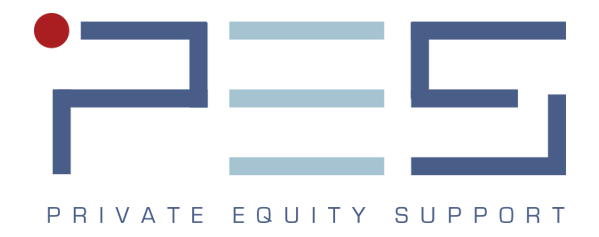
Family-owned businesses hold a distinct place in the business landscape, combining the strength of familial bonds with entrepreneurial spirit. As a result, they face a set of unique dynamics and challenges that set them apart from other enterprises. While these businesses often boast a strong sense of tradition and legacy, they also encounter complexities that require careful management to ensure continued success.
1. Balancing Family and Business Interests: One of the primary challenges faced by family-owned businesses is striking the delicate balance between family interests and business objectives. Family dynamics can sometimes spill over into decision-making processes, affecting strategic choices, succession planning, and management practices. Navigating this intersection demands careful communication and clear boundaries to prevent conflicts from impeding business growth.
2. Succession Planning and Leadership Transition: Family businesses must address the critical issue of leadership succession. Passing the reins from one generation to another involves not only identifying the right candidate but also ensuring a seamless transition that preserves the company’s values and vision. The absence of a well-thought-out succession plan can lead to internal power struggles and uncertainty, jeopardizing the future of the business.
3. Long-Term Vision vs. Short-Term Gains: Family businesses often face the challenge of balancing long-term sustainability with immediate profitability. The pressure to deliver short-term results may lead to decisions that undermine the company’s long-term growth prospects. Striking the right equilibrium between immediate gains and enduring success requires a forward-thinking approach and strategic planning.
4. Decision-Making and Communication: In family-owned businesses, decision-making processes can be intricate due to the involvement of multiple family members. Diverse opinions and varying priorities can hinder quick decision-making and lead to disagreements. Effective communication channels and governance structures are essential to streamline decision-making and maintain harmony within the family and the business.
5. Professionalizing Business Operations: As family-owned businesses grow, there arises a need to professionalize operations and implement robust governance mechanisms. Embracing best practices and adopting corporate governance standards can ensure greater transparency, accountability, and efficiency in business operations.
How PES Can Empower Your Family-Owned Business for Long-Term Success
At PES, we understand the intricacies and nuances of family-owned businesses. With our expertise in training and development, we are committed to partnering with family enterprises to address their unique challenges. Our specialized training programs are designed to equip family business owners and stakeholders with essential skills and knowledge to navigate the complexities of family dynamics, succession planning, and strategic decision-making.
Through our training initiatives, family-owned businesses can foster effective communication, establish clear governance structures, and develop succession plans to ensure seamless leadership transitions. We provide valuable insights into balancing short-term goals with long-term vision, driving profitability while preserving the business’s legacy.
With PES by your side, your family-owned business can unlock its full potential and secure a prosperous future. Discover how our tailored training solutions can empower your enterprise to thrive in a competitive business landscape while preserving the values that make your family business unique. Embrace growth and embrace success with PES.
Contact us at connect@privateequity-support.com.


